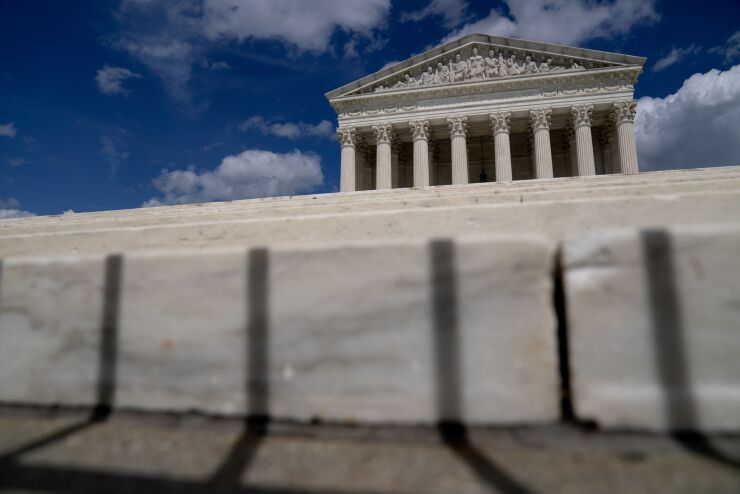The case of
It's always risky to predict the outcome of a case based on the oral argument, although
"Small businesses thrive on predictability," said Zimmerman. "This case could destabilize the tax environment for a majority of small businesses. Any significant shift would disrupt their financial and operational strategy, and would take years to unravel if they decide in favor of the petitioners. In the meantime, it would create a wave of litigation creating even more uncertainty."
The next reason against a finding for the petitioners is equity, according to Zimmerman. "There's a real worry that a decision favoring the petitioners would benefit wealthier entities and may even put a burden on small businesses. Those are my two big reasons why the court should uphold the MRP. The federal lawyer told the justices the same thing — it could cause a sea change in the operation of the Tax Code. Our organization thinks it is urgent for the Supreme Court to consider the broader impact of the decision instead of just benefiting the wealthy petitioners. Small businesses are essential to the economy. We can't have them adversely affected and still expect them to thrive and keep people employed."

The brief reads in part, "When entrepreneurs know what their tax burden will be, they can confidently allocate scarce resources to the best strategic investments for their business. When burdens are unpredictable, however, small businesses will confront a range of difficult circumstances. They may be surprised by tax bills that they cannot afford to pay — forcing them to make painful financial decisions or even to close their doors. Or they may react to the uncertainty by conserving their capital and passing on critical investment opportunities, which would in turn stunt their growth."
Moore scrutinizes the constitutionality of the mandatory repatriation tax, Zimmerman noted: "A decision favoring the petitioners risks igniting a cascade of litigation and legislative reforms at both federal and state levels, causing uncertainty and potential hardship for the nation's economic drivers — small business."
"Running a small business means juggling everything from finances to daily operations," she continued. "We rely on a stable tax system to plan ahead and grow. Any major changes in taxes can throw off our balance, making it even tougher to succeed. Moreover, if the court decides to support the plaintiff-petitioners, it could create an environment that favors the wealthy and further challenges the rest of us striving for a level playing field."





